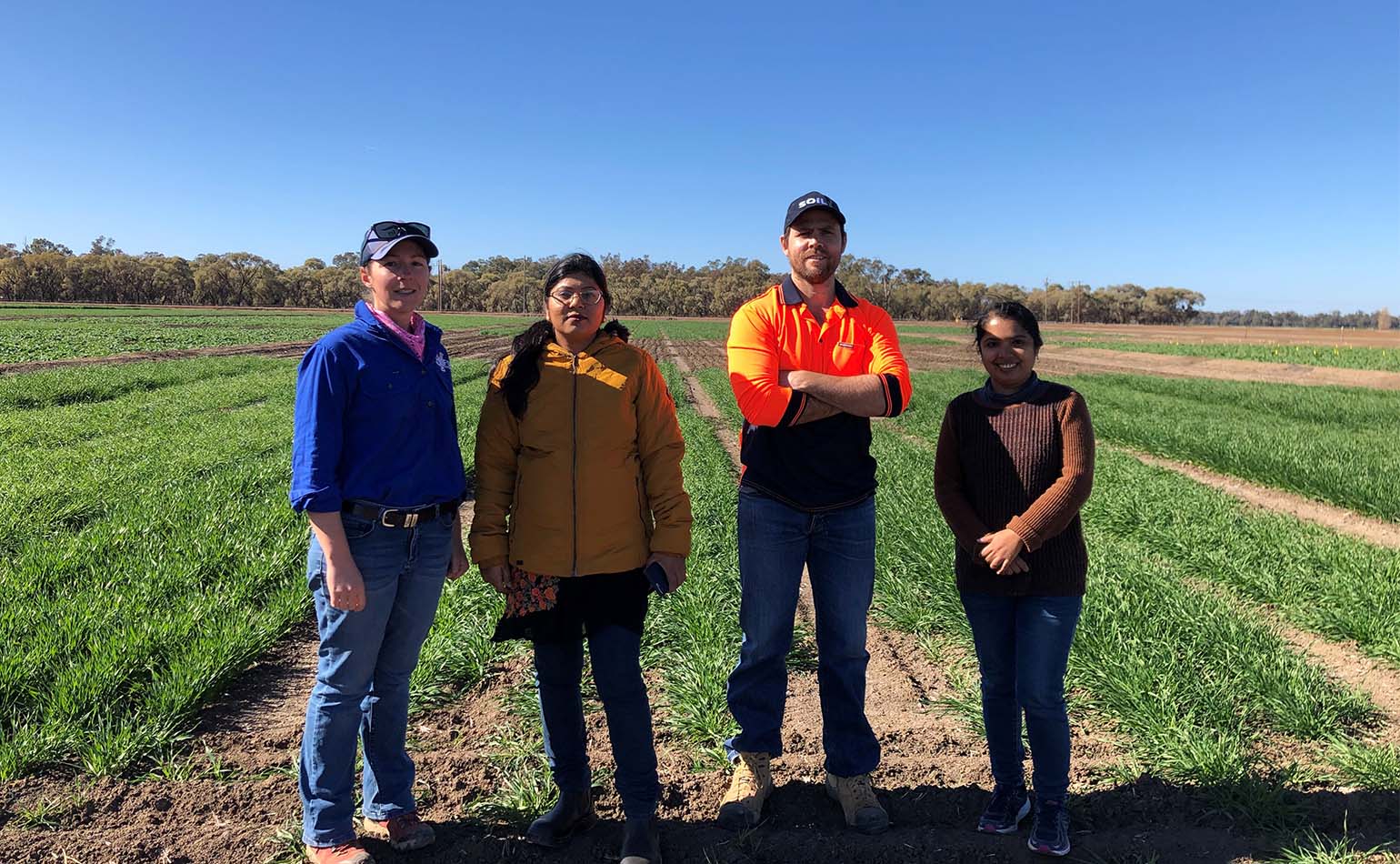The University of Newcastle is ranked as one of the top 10 Australian universities based on research excellence. This success is the direct result of the University’s focus on engagement, innovation and impact in areas of national and global significance and investment in research capacity, expertise, state-of-the-art research facilities and collaborative research structures. As a result, the University of Newcastle has become known for its expertise in fields such as health sciences, engineering, environmental science, law, agriculture, education and sociology.
It has developed flagship research centres and institutes, including the Newcastle Institute for Energy and Resources, the Hunter Medical Research Institute and Priority Research Centres. Its commitment to collaborative research is seen in its participation and hosting of the Soil CRC. The University also hosts CRC CARE, which aims to assess, clean up and prevent soil, water and air contamination.
As the host organisation for the Soil CRC, the University of Newcastle is well positioned to provide research expertise and resources that give farmers the knowledge and tools they need to make decisions about complex soil management issues.
It is situated in the heart of the agricultural Hunter region in NSW. Contributing to research aimed at increasing agricultural productivity is vital not only for the University but also for the rural economy in which it resides.
The Faculties of Science and Engineering at The University of Newcastle has specific expertise in:
- innovative fertiliser products and their agronomic evaluation
- strategies for carbon sequestration in soil
- sensor technologies for monitoring soil health and function
- innovative organic-based soil amendments for mitigating soil constraints including soil acidity, soil salinity and soil compaction
- innovative targeted release pesticide products
The University is also renowned for its ability to provide independent, evidence-based research designed to address a range of global challenges, including economic planning, sustainable energy, water and food security, optimal land use, and social balance.
The University of Newcastle’s Professor Nanthi Bolan is leading Program 3 at the Soil CRC, which is focused on soil health and productivity. He has been involved in soil fertility and health, and waste management research and adaption for the past 30 years and has held positions with Massey University (New Zealand), the University of South Australia, the University of Newcastle upon Tyne (United Kingdom), Georgia University (USA), Federal Agricultural Research Institute (Germany) and University of Lafrontera (Chile).
Projects UON are working on:
Affordable rapid field-based soil tests – led by Dr Liang Wang, University of Newcastle with collaborations from Burdekin Productivity Services, Herbert Cane Productivity Services and University of Tasmania.
Recovering nutrients from organic waste streams – led by Dr Dane Lamb, University of Newcastle with collaborations from Griffith University, Southern Cross University, Central West Farming Systems, Primary Industries and Regions South Australia, Australian Organics Recycling Association, South East Water, Herbert Can Productivity Services and Manaaki Whenua Landcare Research New Zealand.
Application of liquid biosolids – led by Dr Aravind Surapeneni, South East Water with collaborations from the University of Newcastle.
Unlocking soil nutrients with organic amendments – led by Dr Balaji Seshadri, University of Newcastle with collaboration with University of Southern Queensland, Central West Farming Systems, South East Water, Primary Industries and Regions South Australia, Australian Organics Recycling Association, Herbert Cane Productivity Services and Manaaki Whenua Landcare Research New Zealand.
Improving pesticide delivery efficiency – led Dr Yanju Liu, University of Newcastle with collaborations from Griffith University, Herbert Cane Productivity Services and Burdekin Productivity Services.
New products for subsoil constraints – led by Dr Ehsan Tavakkoli, NSW Department of Primary Industries with collaborations from University of Southern Queensland and the University of Newcastle.
Evaluating alternative rhizobial carriers – led by Professor Chengrong Chen (Griffith University) with collaborations from University of Newcastle, Murdoch University, Central West Farming Systems, WANTFA, Herbert Cane Productivity Services, Burdekin Productivity Services and AORA.
| Researcher | Field of expertise |
| Nanthi Bolan | Soil and environmental chemistry |
| Ravi Naidu | Soil and environmental chemistry |
| Megh Mallavarapu | Soil and environmental microbiology |
| Liang Wang | Chemometric computational methodologies |
| Yanju Liu | Environmental chemistry, soil contamination chemistry |
| Md Nuruzzaman | Nanomaterials, pesticide delivery |
| Balaji Seshadri | Rhizosphere studies, waste materials utilisation |
| Mohammad Rahman | Environmental analytical chemistry |
| Dane Lamb | Soil chemistry and nutrient recovery |
| Anitha Kunhikrishnan | Soil chemistry, nutrient behaviour and bioavailability |
| Stephen Fityus | Soil physics and water movement |
| Greg Hancock | Landscape modelling and soil carbon |
| In-Young Yeo | Water resources management, GIS and remote sensing |
| Ajayan Vinu | Nanomaterials, nanoporous materials, nanotechnology |
| Gurwinder Singh | Nanomaterials, activated porous biocarbons |
| Kavitha Ramadass | Nanomaterials, natural porous materials |
| Kripal Lakhi | Nanomaterials, mesoporous nanostructures |
| Laura Luo | Environmental and carbon accounting |
| Ken Williams | Waste utilisation |

